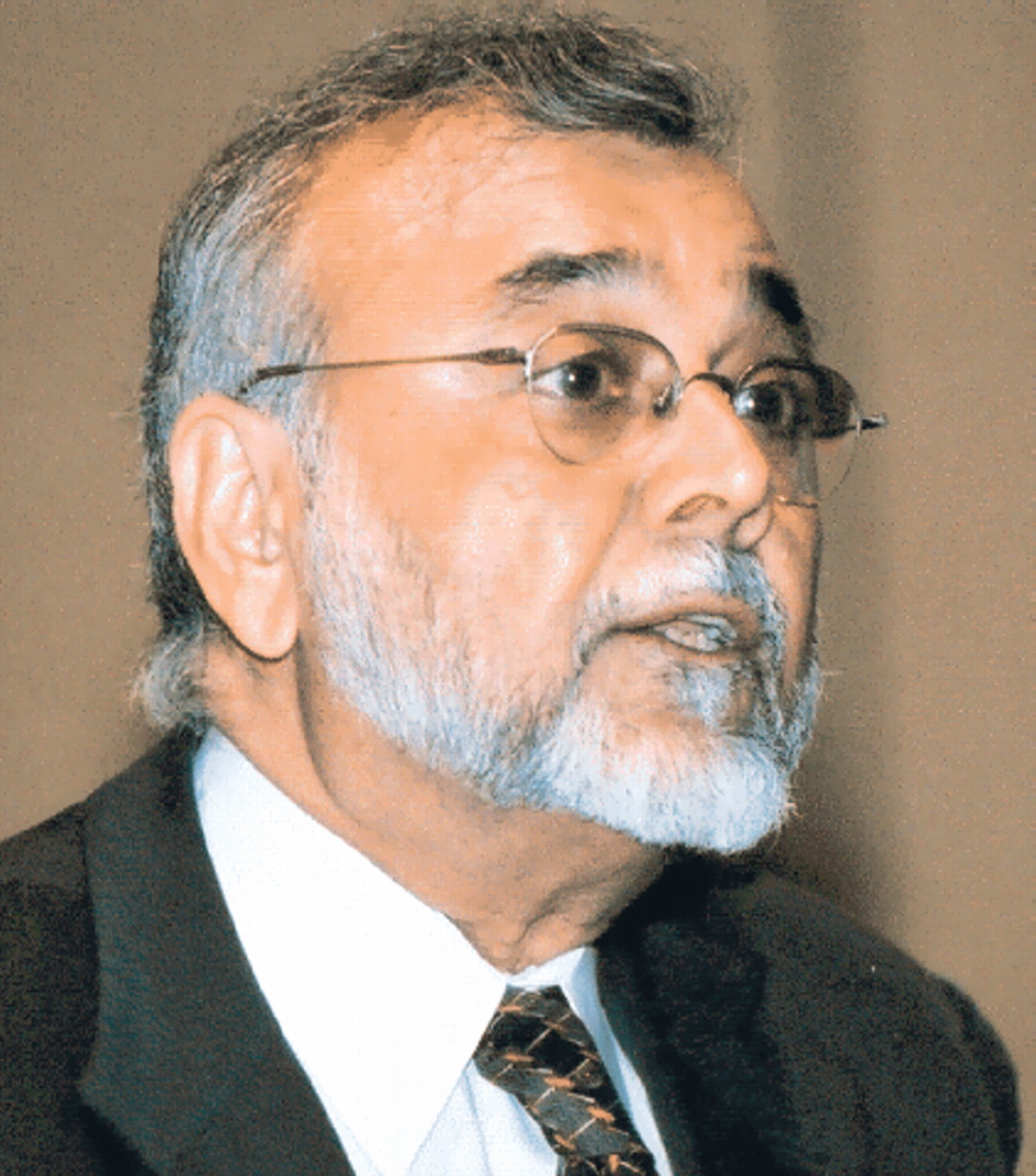APA Renews Revenue Sharing

The idea of APA’s sharing revenue with the DBs/SAs arose with the realization that while APA has substantial nondues revenues, the DBs/SAs depend almost exclusively on dues revenue.
In 2000 the Board of Trustees set aside $752,000 to be distributed in 2001 to the DBs based on their membership totals. When the program began, it was stipulated that the amount set aside, if any, in subsequent years would depend on APA’s fiscal health. The project and the formula were extensively discussed in the Assembly and with the Assembly Executive Committee.
For 2002 the amount to be distributed was only about $280,000—that is, $5,000 for each DB except in the three states (California, New York, and Missouri) with multiple DBs. In those states the SA was to receive the $5,000 and determine how to apportion it among its DBs. The Board stipulated that as a condition of receiving the money, the DBs/SAs were to evaluate the program and inform the Board of how the funds were spent.
In 2001 most DBs/SAs used the funds primarily for educational meetings and operating expenses; a small number replenished their reserves.
The revenue-sharing plan was a boon to many district branches, especially smaller ones whose capacity to raise revenue through dues is limited by their membership numbers. Some DBs/SAs assumed that the stream of revenue from APA would continue and built the expected funds into their budgets. With declining membership, the fiscal situation for several small DBs became precarious.
The Board, worried about APA’s balance sheet as the 2003 budget was finalized, did not set aside revenue-sharing funds for that year.
At the fall 2003 Area 7 meeting, the dire straits of several small DBs in that Area came to light. Dr. Al Vogel, the Area 7 trustee, and I were both in attendance, and at the Board’s next meeting in December, we requested that the Board make $50,000 available immediately to those DBs whose scarce resources were not enough to maintain even a basic infrastructure.
The Board approved our motion and asked Dr. Jay Scully, APA’s medical director, to proceed with determining which DBs were in the most serious need and issue small grants immediately. Seven DBs received grants of $3,000, and one a grant of $1,500.
Additionally, we asked the APA Budget Committee to consider allocating $100,000 for 2004, which the Board later approved.
At the same time the Board appointed a work group consisting of me as chair and other Board members, namely, Dr. Don Langsley, chair of the Committee on DB and SA Relations; Dr. Jack Bonner, chair of the Budget Committee; Drs. David Fassler, Anne Sullivan, Michelle Riba, Angela Harper, and Al Vogel; and from the APA staff, Dr. Scully, Therese Swetnam, and Linda Hughes.
Our task was to come up with criteria and a methodology to determine how to assist DBs/SAs in need of immediate assistance. It was stressed that we should explore functions that the central office could take over from the DBs/SAs that might not only save precious revenue, but also might provide economies of scale.
At the Assembly’s fall 2003 meeting, there was further discussion of the plan to share nondues revenue, and after some heated and passionate arguments, the Assembly approved a resolution asking the Board to appropriate a sum of $280,000 and make $5,000 available to each DB or, in the three states with multiple DBs, to the SA.
At the Board meeting a few weeks later in December 2003, I raised the Assembly’s action for consideration. After much debate, the Board voted to appropriate the $280,000, which was to be distributed in 2004, but disagreed with the Assembly’s plan to distribute the same amount to each DB/SA.
The Board also asked the work group I chair to refine criteria for distributing the funds so that they could be targeted to specific needs and projects.
The reinstitution of the revenue-sharing plan also revealed that several DBs had failed to submit the required paperwork to qualify for the original 2002 revenue distribution, though most of them have since supplied the documentation that APA had requested.
The work group is still ironing out details of the distribution criteria and will have recommendations to present to the Board at its June meeting. We have sent out a survey to the DBs/SAs to help us assess how best to assist them. Once the criteria for evaluating DB/SA revenue-sharing requests are finalized and approved, I hope that we will receive imaginative proposals to use these funds to strengthen both APA and the DBs/SAs. ▪



